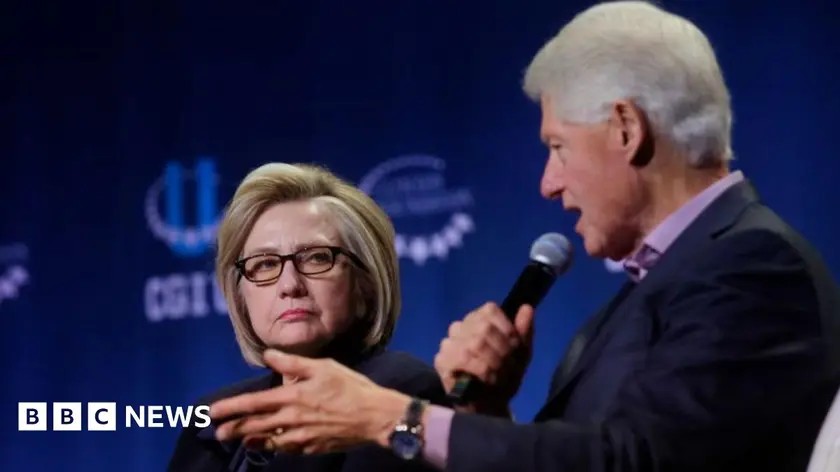T4K3.news
Epstein files and Maxwell transcripts face new scrutiny
As Congress returns, questions linger over what documents may still surface and how they will shape public trust in institutions.

A look at why unsealing Maxwell grand jury transcripts fell short and what other Epstein documents might still reveal
Maxwell Grand Jury Transcripts Fall Short as Epstein Papers Could Reveal More
Last year the Justice Department sought to unseal Maxwell and Epstein grand jury transcripts. Manhattan judge Paul Engelmayer rejected the move, saying the materials are not a treasure trove of new detail. The filing shows only two law enforcement officers testified before the grand jury, a fact critics say undercuts the idea that unsealing would expose a large network of witnesses. The ruling adds to a pattern in high profile cases where expectations for dramatic disclosures outpace what records actually show.
Beyond the grand jury, most Epstein files are not sealed by privilege. Victims and advocates argue that full disclosure could illuminate who knew about the trafficking and who did not act. The Department of Justice can release additional files at its discretion, but officials appear wary of political backlash. Some analysts see a potential political liability for Trump if records are not released, while others expect the issue to drift as Congress focuses on other topics.
Key Takeaways
"There is no there there."
Judge Paul Engelmayer on Maxwell grand jury materials
"They hold the key"
Neama Rahmani on releasing Epstein documents
"If you can’t put things out, explain to the American people why you can’t"
Matt Terrill on transparency
"There has to be a treasure trove of information that the DoJ has"
Neama Rahmani
The Maxwell case illustrates a common tension in serious investigations: the public wants instant revelations, while the legal system protects records for sound reasons. Grand jury materials are not meant to be a political fireworks show, and judges often limit what emerges to avoid undermining ongoing proceedings. This reality challenges the idea that every public file hides a secret map to power.
The political angle matters as much as the legal one. Victims groups press for broad disclosure to ensure accountability, while lawmakers prepare for possible new inquiries. The debate over what to share and when to share it could influence public trust in institutions more than any single document. As Congress returns, the interplay between transparency and restraint will shape how this episode is remembered.
Highlights
- Transparency without clarity is theater for the crowd
- There is no there there
- They hold the key
- If you can’t put things out, explain to the American people why you can’t
Transparency concerns surround Epstein case
The article highlights potential political sensitivity around releasing DoJ documents. Key figures associated with the case may face scrutiny, and public trust could hinge on whether lawmakers choose to disclose materials beyond grand jury transcripts.
Truth tends to emerge in patches, not in a single dramatic release
Enjoyed this? Let your friends know!
Related News
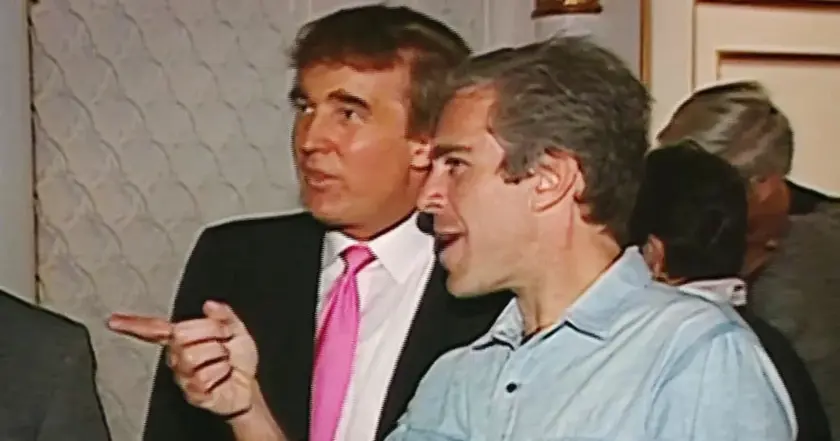
Trump orders release of Epstein grand jury testimony
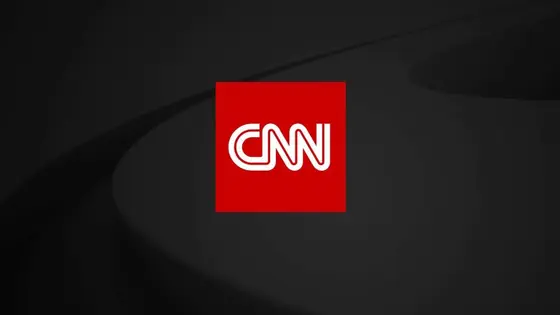
Justice Department faces scrutiny over Epstein case files
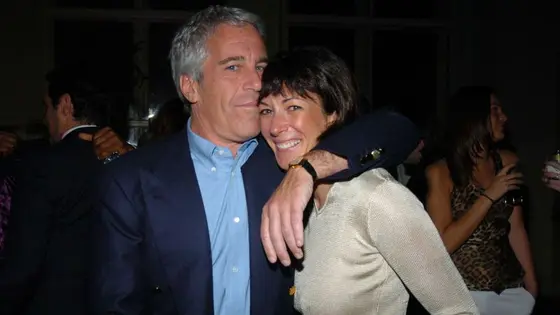
Justice Department reaches out to Maxwell for meeting
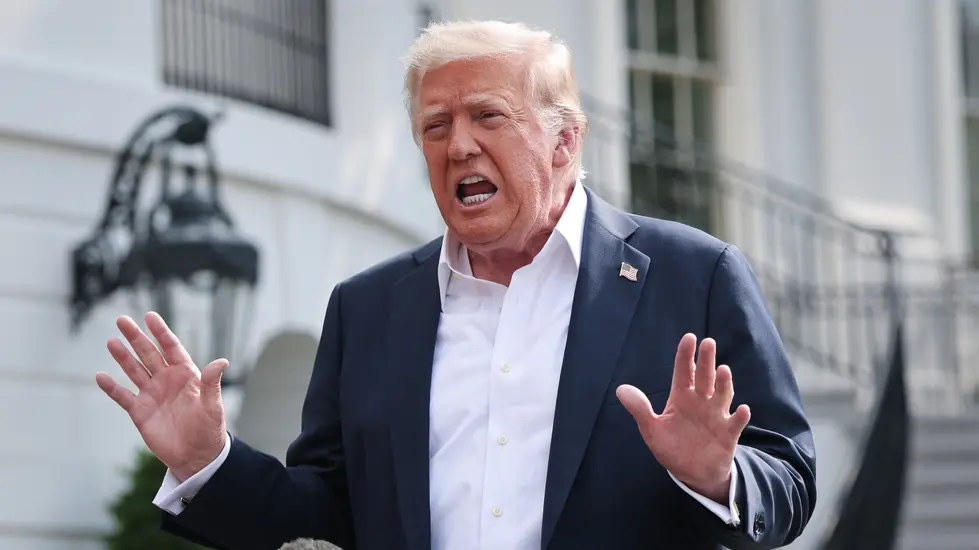
Trump under scrutiny over Epstein connections
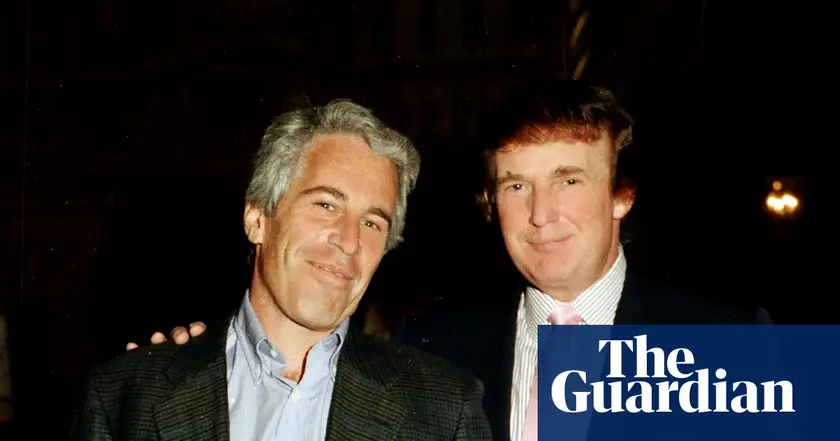
Trump linked to Epstein files by Justice Department

Judge denies Maxwell grand jury unsealing
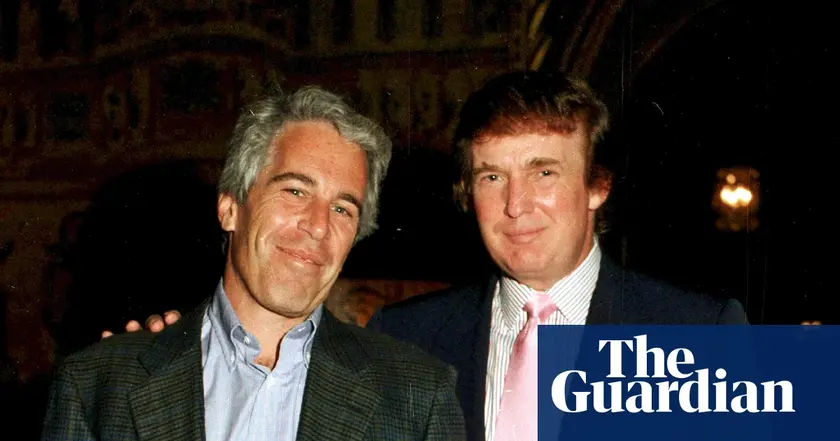
Trump's trip to Scotland overshadowed by Epstein links

Trump aims to release Epstein grand jury materials
